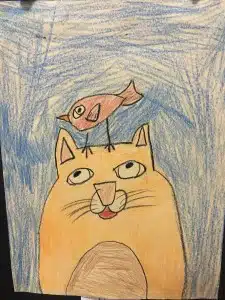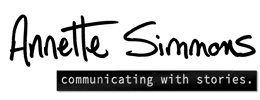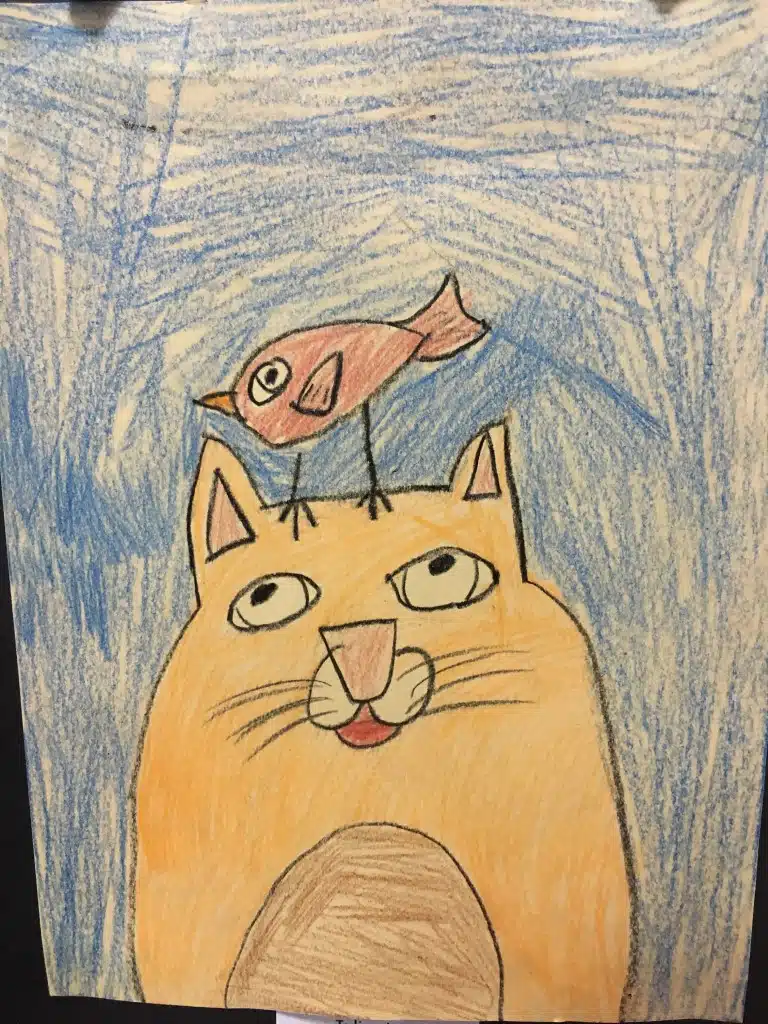
Trustworthiness as Competitive Advantage
If morals need stories to thrive, it might also be true that stories need morals to thrive. Technically the stories you tell do not require moral intentions. Yet practical experience teaches us that few of the stories we cherish could possibly be classified as amoral. A story may not portray your preferred morals, but all stories, at least the interesting ones, embed moral lessons by correlating certain behaviors with consequences. It is hard to tell stories that reward faith in positive consequences like freedom, justice, and trust without exposing the truth that economic reasoning will never be equipped to achieve these kinds of subjective goals.
Few, if any, Hollywood blockbusters could demand our attention without portraying some kind of moral conflict between good and evil. Marvel’s 2018 movie Black Panther reinforces a similar moral lesson to the one Seuss teaches in The Cat in the Hat when the king decides to risk the danger of revealing his kingdom’s extravagant resources in order to clean up global messes. Disaster movies present one moral dilemma after another. Even the stories about characters who don’t know how to clean up their own messes (Thank you, Quentin Tarantino) deliver a moral lesson about the consequences of leaving messes for others.
Brian Boyd makes a strong case that storytelling is a survival mechanism in his book On the Origin of Stories, stating that humans have a “natural appetite” for information, “especially for pattern, and information that falls into meaningful arrays from which we can make rich inferences.” Stories pass along behavioral information that is just as important to our survival as the information passed along in our DNA.
Stories that stress mutual success might be more important now than they ever have been. The suicide rate for Americans is up 30 percent since 2000. Globally, suicide rates are up 60 percent over the past fifty years. According to the most recent Edelman Trust Barometer, the United States shows a “shattering loss of trust” that is the “steepest most dramatic decline in trust ever measured since the barometer began in 2000.” Over two thirds of the markets measured by Edelman Trust Barometer indicate trust levels below 50 percent.
There has to be a reason that “biology turns loneliness into a disease,” according to UCLA professor Steve Cole, who studies the effects of loneliness at the molecular level. The physical costs of isolation for adults is said to be a 25 percent increase in mortality that translates to AARP’s estimate of $6.7 billion annually in extra Medicare expenditures. “Me first” stories aren’t inherently bad, but a tsunami of “me first” stories leads to an erosion of trust when “me first” stories begin to replace “all for one, one for all” stories.
Social media systems designed to siphon off social trust to achieve short-term economic goals surely diminish the trust left over to achieve noneconomic goals, like sustaining faith in our fellow humans. The decision to trust corporate platforms with the care and maintenance of our social connections have revealed the dangers of this misplaced trust. We don’t trust friends who tell our secrets, and yet we temporarily trusted commercial interests that not only told but sold our secrets. Trust in Facebook dropped from 79 percent to 27 percent after customers learned the social platform ignored reports that Cambridge Analytica did not observe consent requirements before harvesting and exploiting the personal data of millions so they could pursue questionable political agendas using coercive stories.
It is hard for us to call out this kind of duplicity when we are overwhelmed with stories that drive us to seek speed rather than slow down long enough to reflect. When a corporation only rewards fast, measurable returns, it unintentionally marginalizes employees’ moral concerns and trains employees to “value growth above trust.” Like billionaire CEO Marc Benioff of Salesforce says, “A company like ours can’t be successful in an unsuccessful economy or in an unsuccessful environment or where the school system doesn’t work.” Benioff blends service work into the company culture so real-life experiences of showing and earning trust ensure employees are better equipped to identify the times when growth means losing trust. It’s a difficult choice to make, but almost always better in the long run to preserve trust by avoiding the option of exploiting “opportunities” that sacrifice trust you will need later on.
Excerpt from Chapter 12, 3rd ed. of The Story Factor (2019) AUDIBLE VERSION HERE


2 thoughts on “Stories with a Moral Blueprint – part 3 of 8”
Annette –
I whole-heartedly agree with you that sharing morals and building trust is essential for a society to survive. However, I think that the model of individual economic interest vs. collectivism is not the best choice for describing the problem nor the solution.
I believe we are all born autonomous and free. We form societies because they help us be more secure, free, and provide insights and benefits of social interaction we are incapable of providing for ourselves alone. In that regard, it is a mutually beneficial arrangement. Some of the problems with which we struggle do, in fact, come from the tension between what’s good for me versus what’s good for you. And that happens within time horizons short and long.
I see the problem residing in these two factors. Me vs. You and Now vs. Later. Often, what is a benefit to me in the short term is not of benefit to me in the long term, but that requires experience and wisdom to recognize. That is one of the many places that stories with a moral enable individuals to see beyond their personal horizon (updating their map as L. Scott Peck put it in The Road Less Traveled).
But it seems to me that the solution isn’t Me or You but Me AND You. It’s not Now or Later but Now AND Later. That seems to me to be the eternal paradox. Travel too far toward Me and Now and you lose connection with others in the society. Travel too far toward You and Later and you lose the individuality that provides the diversity and innovation that improves everyone’s lot in society (the rising tide that lifts all boats). It’s the balance between individuality and the social unit that amplifies both to the betterment of all (or at least, most).
My take is that the age of instant gratification (both economically and socially) is what we are seeing now and that it needs to change. Stories with morals that seem to be everlasting (because they have been so far) like the Greek tragedies, Aesop’s fables, Grimm’s fairy tales, and the countless other lore of civilization seem to able to recenter us when we get too far toward one side or the other. To the extent that stories help us regain that center (the sweet spot as you put it), we should strive to achieve.
But what do I know? I’m just an old salt and engineer bumbling and fumbling through this mess we call life. My parents had a funny plaque on the wall of our den that said, “If you’re so damn smart, why ain’t you rich?” I guess that all depends on what you think “smart” is, but more importantly on what you think “rich” means.
Steve
Steve, I always welcome your comments. We agree on the both/and aspect. The issue is that IMHO collectivism and morals are no longer 50% of the source of decision making. When we use metrics, economic reasoning, and algorithms to make more and more of our decisions – including the stories that implicitly redefine what smart means and what rich means – then we erode the number of decisions that are both “irrational” in economic terms and moral in terms of collective well being. It is kind of like telling a #metoo story and then being told “not all men.” No one said all men – what we said is too many men. Likewise what I’m trying to say is too many “rational” reasoning templates will eventually undermine behaviors like generosity, altruism, and other moral codes that used to feel wise but are now characterized as weaknesses that invite exploitation.